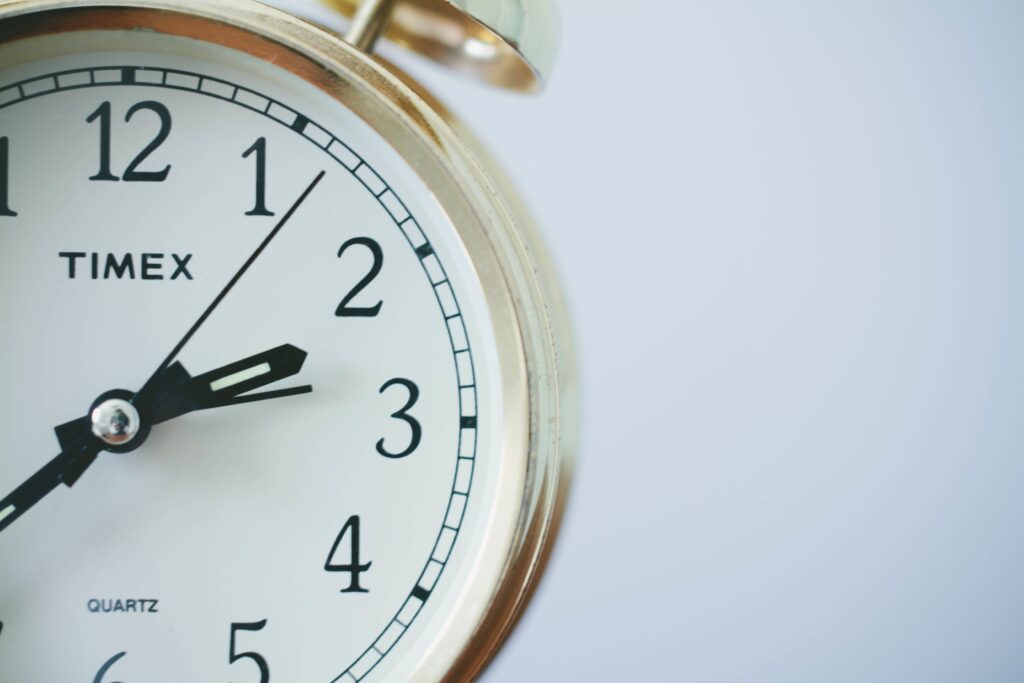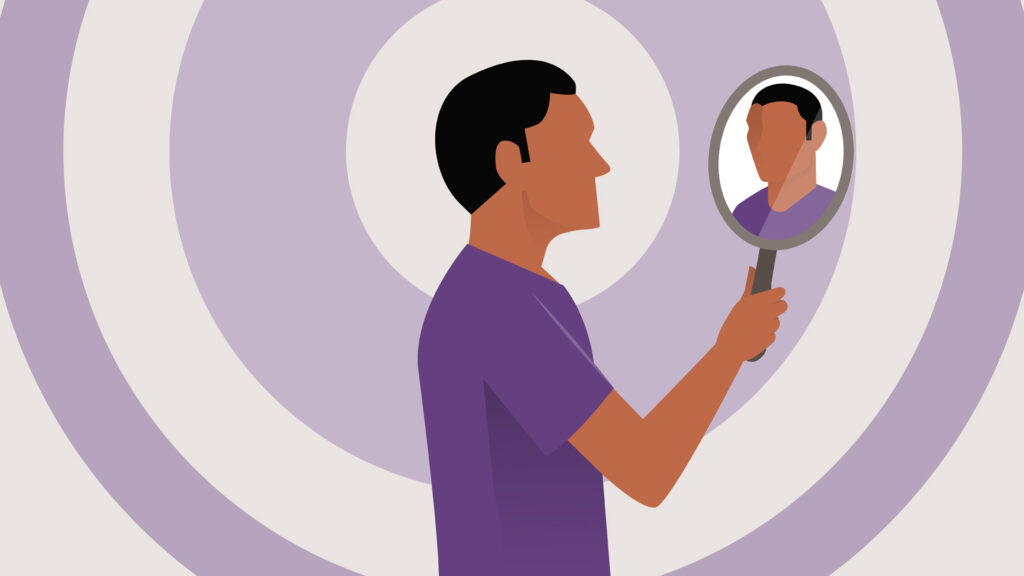
Being diagnosed with Bipolar II Disorder means you must manage your health physically and mentally. The same would be necessary with other medical conditions. Yet many people fear they won’t have the quality of life or have heard bad stories— (typically of people who did not manage their diagnosis well)—that make them think there’s not much they can do to help themselves.
Try to avoid this fatalistic reasoning. It isn’t true. Quality of life and greater stability and wellbeing are very possible for people with Bipolar II. (Discover how people with Bipolar II and other mental health conditions are achieving a better quality of life with treatment at FHE Health.) While it is true you must be more diligent with self-management when you have this diagnosis, it is possible to lead a full and wonderful life once you understand how best to take care of yourself.
In simple terms, Bipolar II is a chemical issue in the brain that means an irregularity needs to be corrected for you to function at your best. A person living with untreated Bipolar II can experience debilitating mood swings, between exaggerated “highs” (bursts of energy, irritability, inability to sleep, etc.) on the one hand, and extreme “lows” (severe depression), on the other.
Encouragingly, much like someone who has diabetes or who is on statins for heart health, someone with Bipolar II can take medication, incorporate healthy habits, and learn to manage their health to get the most out of life. Here are some simple items for living that can help you do that.
1. Effective Medical and Psychiatric Care

If you had a broken bone, you’d see an orthopedic doctor; digestive issues— a gastroenterologist; a heart problem— a cardiologist. Similarly, with Bipolar II it is imperative that you see specialists familiar with the condition, who can help you to understand, treat, and monitor your functioning.
Ongoing supervision by a psychiatrist and regular sessions with a therapist or counselor can make the difference between being in charge of this diagnosis or being on a roller coaster of emotions and behaviors. Some people might have mild symptoms; some may have more severe episodes. Whatever the level of severity, good medical and professional management is critical to maintaining health, identifying or addressing problems as they arise, and supporting optimal, day-to-day functioning.
2. Learn to Stay on a Schedule

Bipolar II Disorder affects the brain’s processing, including the emotions that people feel (and their degree of fluctuation and intensity). These changes are chemical in nature and not a reflection of the worth or being of the person with the diagnosis.
One effective tool that research has found reduces the negative effects of this diagnosis is to maintain a regular schedule. When the body and mind have a consistent and predictable schedule and there is a routine, we function better— this is true for everyone, but is even more important in managing Bipolar II. (Some research has suggested, for example, that people with the disorder have an especially sensitive circadian rhythm system, so may need the stability of a routine even more.)
Set a daily routine for meals, exercise, and sleep, and any other activities that can be scheduled as well. A consistent schedule gives people the ability to be less stressed, creates a good rhythm for the body, and reduces the surprises that can sometimes lead to a change in the brain’s neurochemical balance.
Sleeping is especially important. Quality, restful sleep is essential for human beings. Going to bed and waking up at the same time ensures that a person is operating at their best during the day and the restorative processes help us at night. The more you get into a rhythm the better you will feel.
3. Keep Stress to a Minimum

Now this sounds like a big task! Yes, we can have stress and can cope with it. However, it takes a toll on a person. This is, again, something to manage. All people— (even those without any diagnosis)— can benefit greatly from stress reduction. If they did, we’d be living in a whole different, more harmonious world. But for those with a diagnosis of Bipolar II, stress can be especially disruptive.
This is where self-care and awareness are important. Making an effort to reduce stress through exercise, meditation, yoga, spiritual disciplines, or other supports will make someone feel so much better.
Taking this stress reduction approach does not mean that someone cannot have any stress— just that they need to be aware when stress is unhealthy and do something about it, so that the stress does not increase or last a long time. Life events will sometimes trigger an increase in stress, but through work with a therapist, use of medications as prescribed, and healthy self-care, the negative effects of stress diminish.
4. Practice Self-Awareness and Daily Check-Ins About Routine

The management of any health issue means being observant and responding to what our body may be trying to tell us. Paying attention in this way takes some learning and self-discipline. Many of us have to learn how to tune in to our thoughts, emotions, and physical sensations; and it’s not enough to tune in once every month or so. The goal is daily: A quick, personal check-in about what’s going on, how we’re feeling, and whether we’re staying consistent with the routine or need to make adjustments.
Remember that consistency of routine is key, so if your practice of becoming more self-aware focuses purely on your daily routine, that alone will be a win for your mental health. The ability to have a schedule, check off the good things you did today for your health and happiness, course-correct at early warning signs, and tap into good support can make a substantial difference.
Medication, another essential part of that daily routine, needs to be taken as prescribed. Some patients will discontinue medications because they are feeling good and think, “I really do not need the hassle of medication— I am fine.” They don’t realize they are feeling good because of the medication, and often when it is discontinued the symptoms return and sometimes dangerous consequences can occur.
Falling out of a routine or neglecting self-care means that these needs are not met, putting someone at risk for an imbalance that can lead to stress and a low tolerance for situations that arise. As an analogy, it would not be wise to fill up one’s gas tank once a month and expect unlimited driving. Same with the body. Everyone knows they need water to function and that drinking eight glasses of water one day out of the month isn’t going to cut it. It’s that long-term, daily consistency of staying hydrated that is going to produce good results.
Stay aware of that daily routine. It can be helpful to keep a short checklist for each day, schedule calendar alerts in one’s phone, or keep a regular appointment time with the therapist and psychiatrist. Over time, that consistency can improve how you manage this long-term condition, enhance your quality of life, and boost your self-esteem and confidence— as a reminder that you are fully capable of living a full and wonderful life.
Dr. Beau A. Nelson, DBH, LCSW, is Chief Clinical Officer at FHE Health, a national behavioral health provider.











